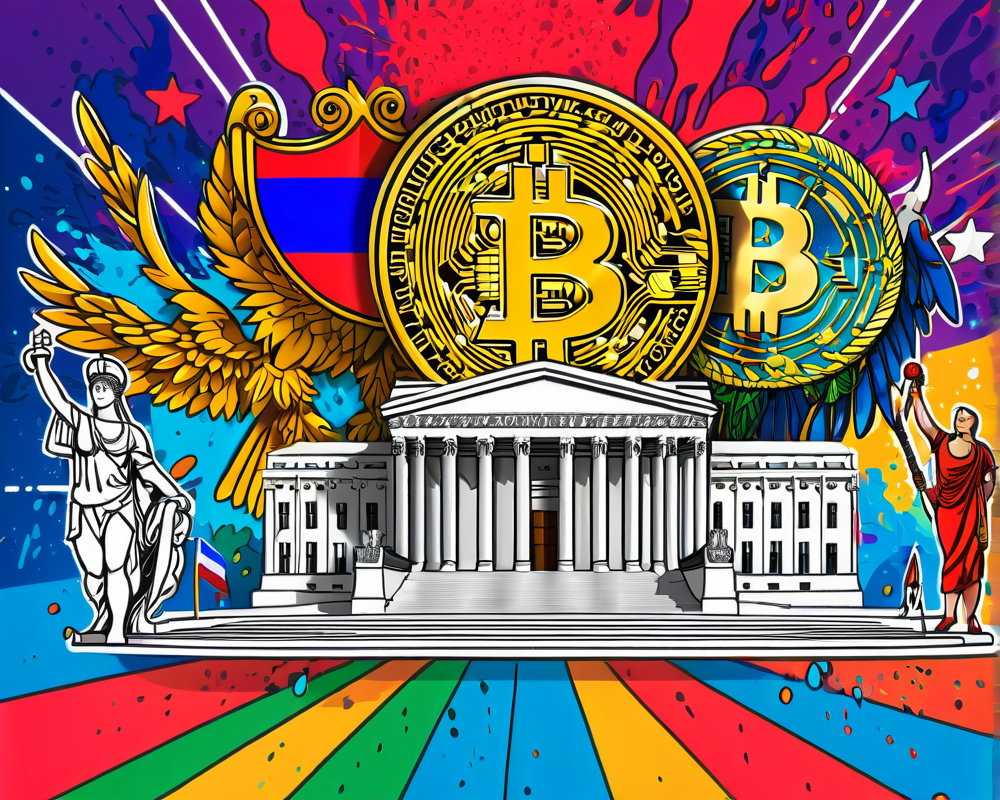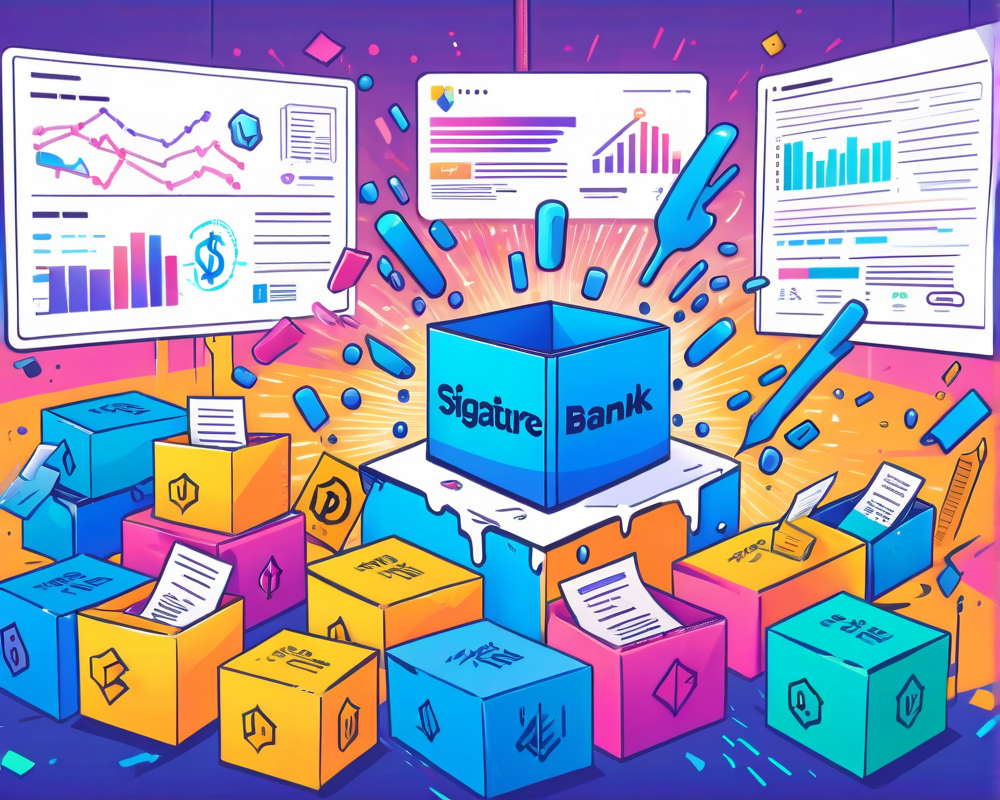The Ongoing Saga of Bitcoininfo.ru
Once upon a time, in the high-stakes world of cryptocurrency, a humble website named Bitcoininfo.ru found itself in some hot water with the Russian legal system. It all began in the blissful summer of 2016 when the Vyborgsky District Court of St. Petersburg decided that the site’s information about Bitcoin—deemed a ‘virtual payment instrument’—was violating the sacred laws governing the Central Bank of the Russian Federation.
The Naked Truth: Crime and Cryptocurrencies
Fast forward to July 2017, and the situation escalated quickly. The courts took an even broader swath of action, blocking a whopping 40 websites that dared to whisper about cryptocurrencies. The reasoning? They claimed these sites were akin to a digital wormhole to the shadow economy, contributing to society’s woes like drug trafficking and the forging of critical documents. So, just because a site mentioned the word ‘Bitcoin,’ it was now a kingpin in the underworld?
A Flicker of Hope: The City Court’s Reversal
Not all was lost, however. March of the following year saw a glimmer of hope when the St. Petersburg City Court reviewed these heavy-handed actions and ordered that blocked websites be unblocked. The wisdom of the city courts prevailed momentarily, allowing a small light of information about cryptocurrencies to shine through once again.
Telegram’s Bumpy Ride
But let’s not forget that just as one door opened, another might close. In a twist of irony, as the cryptocurrency saga unfolded, the Russian government decided to ban Telegram, a beloved messaging app. The communications watchdog Roskomnadzor took it upon itself to block nearly 20 million IP addresses, but think of it as trying to swat a fly with a wrecking ball – many users still found ways to use Telegram, much to the disdain of the authorities.
The Implications of Censorship
With these recent events, one must ponder the implications of such censorship on information access. If a country so fervently tries to clamp down on the discussion surrounding a digital currency, what does that mean for people and businesses trying to function in a global economy? It’s a bit like trying to hold back the tide with a bucket—good luck with that!
Lessons Learned?
In conclusion, the fate of Bitcoininfo.ru is perhaps just the tip of the iceberg when it comes to the global conversation about cryptocurrency, regulation, and digital freedom. As the Russian Supreme Court orders the St. Petersburg City Court to reevaluate the ban, we can only hope the scales of justice find balance and that informative websites can continue to exist free from undue stress. After all, a well-informed public is a powerful public.




